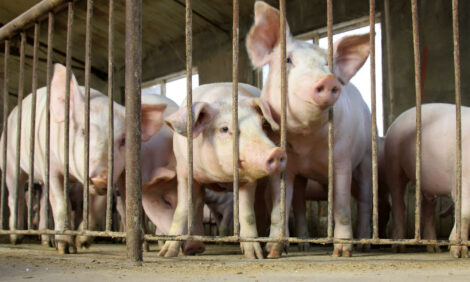



Ractopamine dialogue continues over US imported meat
TAIWAN - Taiwan's deputy representative to the United States, Stanley Kao, has said that Taiwan and the United States will continue communicating over concerns about US pork exports to Taiwan. Some products was recently found to contain ractopamine, a veterinary drug.As Taiwan does not permit ractopamine residue in meat, this stance must be clearly relayed to the US side. The World Trade Organisation permits countries to allow a limited amount of ractopamine residue in meat products, Kao said.
According to Kao, Japan and the United States allow a certain amount of ractopamine residue in meat products, but Taiwan and the European Union "do not tolerate" residue of the drug in imported meat.
As Taiwan does not permit any amount of ractopamine residue in meat products, U.S. companies should vigorously examine their exports to Taiwan, Kao said, adding that the United States has expressed concern about the matter after two shipments of U.S. pork exports, out of a total of 12 shipments, were found to contain the substance and were therefore denied entry into the country.
Although ractopamine is viewed as not harmful to human health in the United States, Kao argued that the Taiwan government still has to heed public concern as it is a banned drug in Taiwan.
He pointed out that US food safety and foreign trade authorities have also contacted Taiwan's representative office to exchange views and boost communications on the issue.
Kao further said that Taiwan is an important market for US agricultural products and that banning such U.S. imports is not in line with the Taiwan government's policy. However, he urged U.S. exporters and officials to familiarize themselves with the relevant regulations imposed by different countries.
Kao promised to step up bilateral communication with patience and professionalism and properly deal with the issue, as it is a matter of importance to Taiwan's regulators and consumers as well as U.S.-Taiwan trade relations.








